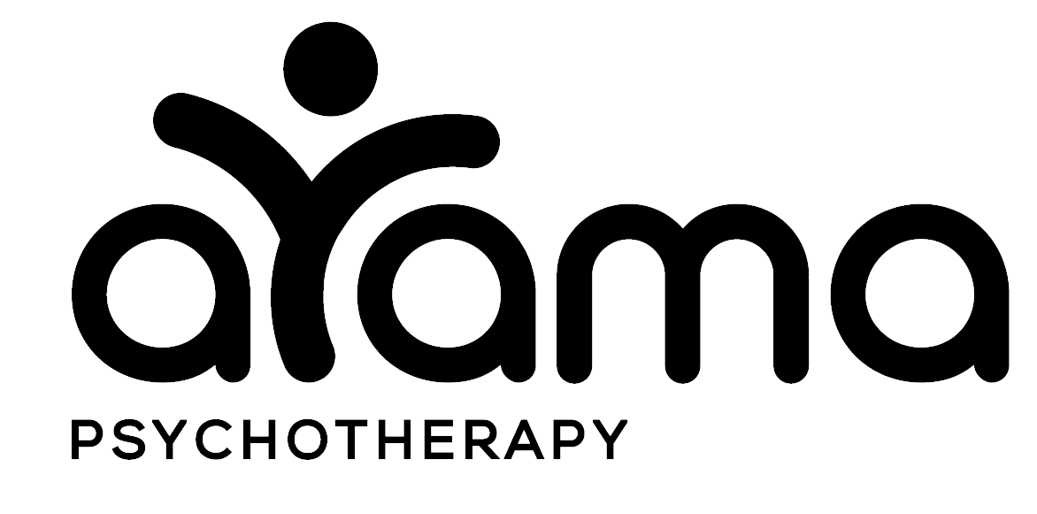Can't Stay Asleep?
On the surface, difficulty staying asleep or returning to sleep seems like it would be an easy fix. Without knowing sleep information, I am fairly certain that I would look to things that would "knock me out" and/or remove all disturbances.
I understand the desire to just get the problem fixed with whatever seems to work, but I actually recommend to people that they not move into ANY "fix" until they have assessed the problem.
Let's first talk about what is normal for awakenings.
It's typical to have awakenings the second half of the night for a few minutes while we stumble to the bathroom in a half-awakened state. It's not typical to have awakenings which are associated with a pounding heart, panic attack feeling or with regular morning headaches.
If you have regular awakenings during the night or a lot of sleepiness during the daytime despite sleeping through the night, then you will want to make sure that you don't have sleep apnea. It's more common than you think. Stats cited by Cleveland Clinic suggest that perhaps 25% of men and 10% of women have it.
Risk factors and signs include:
Obesity, but people without obesity also can have it.
Snoring, especially if someone has witnessed you stop breathing, is a sign.
So are morning headaches.
So is high blood pressure.
And so are awakenings during the night.
What should a person do? I don't love the word "should" because I don't enjoy putting obligations on myself or others, but this is one of those important "should's." The best way to test for apnea is through a sleep test. You don't have to go to a sleep lab. Your family doctor can usually just order a home test for you. If your home test results are negative, but you still suspect that you have it, then you should request a sleep lab test.
Why is a sleep test important? Basically, when you have apnea, you stop breathing. This can be briefly or it can be for longer than that. It can be for a couple of times a night, or many times in an hour. I've seen all varieties. During those times that breathing stops, your body isn't getting oxygen, so your risk of stroke and heart attack are greatly increased.
Before doing any insomnia work, I always ask people to consider if they need a sleep apnea test. I actually go as far as refuse to work with people who have strong signs of it and haven't yet been tested; while I want to help people find good sleep, I don't want to increase your ability to sleep without awakenings if you have apnea; it's important to have those awakenings if you aren't breathing at times during the night, and I don't want to interfere with that.
If you think some of the symptoms sound familiar (like snoring), then it's time to ask your physician about it. Your physician can help you decide if your symptoms warrant further exploration.
If you have frequent awakenings during the night but have no signs or symptoms of apnea, then we can address that type of restless, disrupted sleep with behavioral interventions used in CBT-I and in our online programming.
As always, we continue to offer free access to a short sleep self-assessment and tutorial, which does include a section on apnea. In the next week or two, I am planning to be able to open application/registration for our online self-help program for chronic sleep problems. Our one-on-one slots are currently full, but I will update you as new ones become available.
You can read more about our services.
